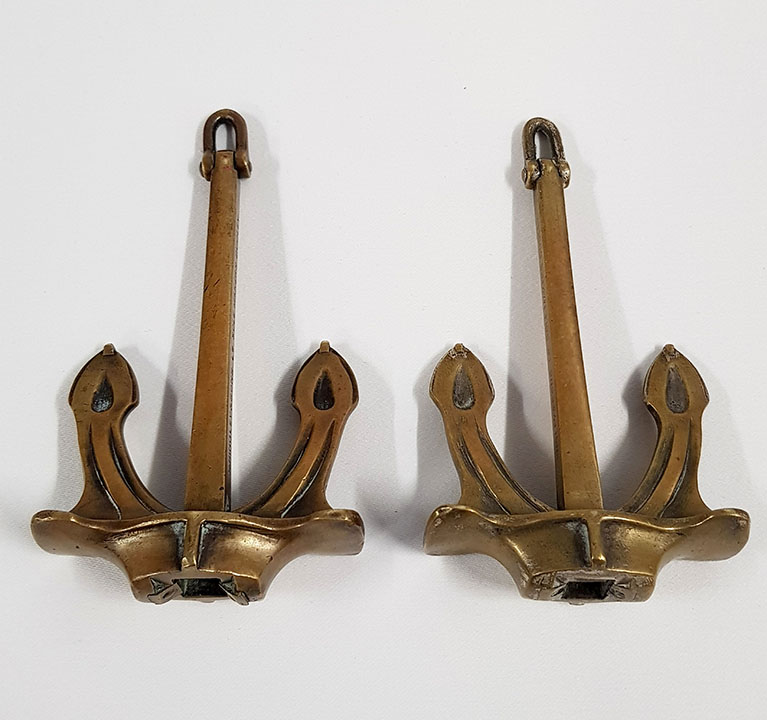It dwells miles down,funny erotice sex scenes nearly freezing in perpetual darkness, equipped with numerous appendages to capture prey.
Deep Sea biologists found a new animal some 26,000 feet (7,902 meters) underwater in the ocean's "hadal zone," named for the Greek god of the underworld, Hades. These researchers lowered baited traps into the Atacama Trench off of Chile, and brought up four individuals of a species now called Dulcibella camanchaca.
"Dulcibella camanchaca is a fast-swimming predator that we named after 'darkness' in the languages of the peoples from the Andes region to signify the deep, dark ocean from where it predates," Johanna Weston, a hadal ecologist at the Woods Hole Oceanographic Institution who coauthored the discovery, said in a statement.
In the hadal zone, the deepest ocean realm, many critters depend on food sinking down from the more productive waters above. But Dulcibella camanchaca isn't a scavenger. The four-centimeter (1.5-inch) crustacean (an arthropod with a hard shell like a crab) captures smaller hadal crustaceans.
"This finding underlines the importance of continued deep-ocean exploration, particularly in Chile’s front yard," Carolina González, a researcher at the Instituto Milenio de Oceanografía who analyzed the species' DNA, said. "More discoveries are expected as we continue to study the Atacama Trench."
The research has been published in the science journal Systematics and Biodiversity.
 The location of the Dulcibella camanchaca discovery in the Atacama Trench. Credit: Johanna Weston / Woods Hole Oceanographic Institution
The location of the Dulcibella camanchaca discovery in the Atacama Trench. Credit: Johanna Weston / Woods Hole Oceanographic Institution  An illustration of the predatory Dulcibella camanchaca and its "raptorial appendages." Credit: Johanna Weston / Woods Hole Oceanographic Institution
An illustration of the predatory Dulcibella camanchaca and its "raptorial appendages." Credit: Johanna Weston / Woods Hole Oceanographic Institution Even in the deepest ocean, predators can flourish, such as a snailfish spotted at 27,349 feet (8,336 meters) down — the deepest fish ever observed. They are flabby, jelly-like fish that binge eat when they spot hadal prey, such as crustaceans.
Ocean research organizations are now vigilantly documenting and mapping the deep sea. Scientists want to shine a light — literally and figuratively — on what's down there. The implications of knowing are incalculable, particularly as deep sea mineral prospectors prepare to run tank-like industrial equipment across parts of the seafloor. For example, research expeditions have found that ocean life carries great potential for novel medicines. "Systematic searches for new drugs have shown that marine invertebrates produce more antibiotic, anti-cancer, and anti-inflammatory substances than any group of terrestrial organisms," notes the National Oceanic and Atmospheric Administration.
Topics Animals
(Editor: {typename type="name"/})
 JD Vance calls dating apps 'destructive'
JD Vance calls dating apps 'destructive'
 Samsung Unpacked: Every major Galaxy Z Flip 7 and Z Fold 7 leak so far
Samsung Unpacked: Every major Galaxy Z Flip 7 and Z Fold 7 leak so far
 Goodbye internet privacy, we hardly knew you
Goodbye internet privacy, we hardly knew you
 NBC will air the 2018 Olympics live because social media always spoils everything
NBC will air the 2018 Olympics live because social media always spoils everything
 NYT mini crossword answers for January 3, 2025
NYT mini crossword answers for January 3, 2025
Trump's foreign aid freeze halts funding for digital diplomacy bureau
 Shortly after taking office, President Donald Trump signed an executive order that effectively put a
...[Details]
Shortly after taking office, President Donald Trump signed an executive order that effectively put a
...[Details]
A dead man's penis is all anyone can remember from the new 'Baywatch' footage
 There's a lot described these days as things you "can't unsee," but I promise this is not hyperbole:
...[Details]
There's a lot described these days as things you "can't unsee," but I promise this is not hyperbole:
...[Details]
Jack Dorsey's Square launches in the UK
 Mobile payments company Square, founded by Twitter's CEO Jack Dorsey, has launched in the UK and is
...[Details]
Mobile payments company Square, founded by Twitter's CEO Jack Dorsey, has launched in the UK and is
...[Details]
What we know about Elon Musk’s plan to go full super villain and play with your brain
 Elon Musk wants people to willingly implant electrodes in their brains so they might upload and down
...[Details]
Elon Musk wants people to willingly implant electrodes in their brains so they might upload and down
...[Details]
The Year in Tech: 2014 Top Stories
 As the year comes to a close it's time to take a look back at some of the events that shaped the tec
...[Details]
As the year comes to a close it's time to take a look back at some of the events that shaped the tec
...[Details]
This tiny iOS change will make your iPhone even zippier
 Apple rolled out the new iOS 10.3 update Monday -- and if you took the plunge and upgraded to the ne
...[Details]
Apple rolled out the new iOS 10.3 update Monday -- and if you took the plunge and upgraded to the ne
...[Details]
The Mexico Tourism Board made a cloud that rains tequila and we're booking our flights now
 Grab your rim-salted margarita glass and your galoshes because there is now a cloud that can answer
...[Details]
Grab your rim-salted margarita glass and your galoshes because there is now a cloud that can answer
...[Details]
David Beckham looks totally unrecognisable in his 'King Arthur' makeup
 If you had to rank British men in order of how flawlessly chiselled they look, David Beckham would a
...[Details]
If you had to rank British men in order of how flawlessly chiselled they look, David Beckham would a
...[Details]
Here's how I feel about all this Stephen Hawking 'news' going around
 There are some stories that, as a space journalist, you just don't want to cover. And well, famed co
...[Details]
There are some stories that, as a space journalist, you just don't want to cover. And well, famed co
...[Details]
This jewelry store's billboard got everyone so riled up even Chelsea Clinton tweeted about it
 A family-owned jeweler thought it had a funny, witty take on an old adage so the company put it on a
...[Details]
A family-owned jeweler thought it had a funny, witty take on an old adage so the company put it on a
...[Details]
Miami Heat vs. Los Angeles Lakers 2025 livestream: Watch NBA online

Trump plays the villain in trailer for 'An Inconvenient Truth' sequel

接受PR>=1、BR>=1,流量相当,内容相关类链接。